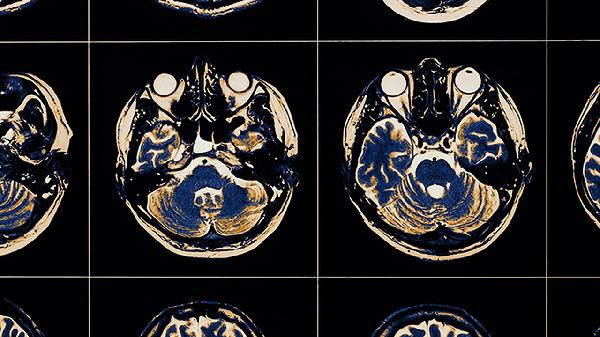After entering menopause, the secretion of estrogen decreases, leading to irritability, hot flashes, night sweats, and other symptoms due to endocrine influences. Over time, these can exacerbate physical discomfort and even trigger depression or anxiety. However, with proper adjustments, these mood swings can be alleviated.

What should menopausal women do about their temper?
1. Timely Venting
During menopause, emotional stability is poor, and mood swings are significant. It's important to learn self-venting, whether by confiding in family or friends, practicing empathy, or learning to express anger. Traveling or exercising can also help release mental stress.
2. Promptly Remove Psychological Burdens
For menopausal women, psychological well-being is crucial. It's essential to understand that menopause is a normal physiological change that every woman must go through, lasting months or years. Avoid anxiety over this and promptly relieve unnecessary mental burdens, maintaining an optimistic attitude towards life.
3. Enrich Leisure Life
Cultivate hobbies and engage in meaningful activities to make leisure time more fulfilling, such as gardening, square dancing, traveling, or painting. These activities can provide mental solace and cultivate one's character. Face people and events with a broad mind, and avoid nitpicking over trivial matters.
4. Count to Three Before Losing Temper
After entering menopause, women may experience changes in temperament due to endocrine influences, leading to outbursts over minor issues. Give yourself positive affirmations, reminding yourself to stay calm, and count to three before losing your temper.
5. Reasonable Calcium Supplementation
A lack of calcium in the brain can make women emotionally unstable and easily agitated. Ensure sufficient daily calcium intake from sources like bone broth, milk, kelp, beans, or sesame seeds, drinking 1-2 cups of milk daily. Adequate calcium keeps teeth strong, prevents osteoporosis, and regulates the endocrine system.
6. Eat Foods Rich in B Vitamins
Most women experience irritability, insomnia, and anxiety during menopause. Consuming foods rich in B vitamins, such as leafy greens, fruits, beans, whole grains, and lean meats, can help. These vitamins soothe emotions, calm nerves, reduce insomnia and fatigue, and promote digestion and absorption.
Tips
Menopausal women are prone to emotional instability, hot flashes, and night sweats. Avoid stimulating foods like spicy barbecue or fried foods. Also, avoid strong tea, alcohol, and coffee to prevent mood swings. Ensure adequate sleep, avoid staying up late, and prevent the body from becoming overly fatigued. Participate in outdoor activities to regulate tension, improve mental and physical states, and enhance overall health to prevent illness.























